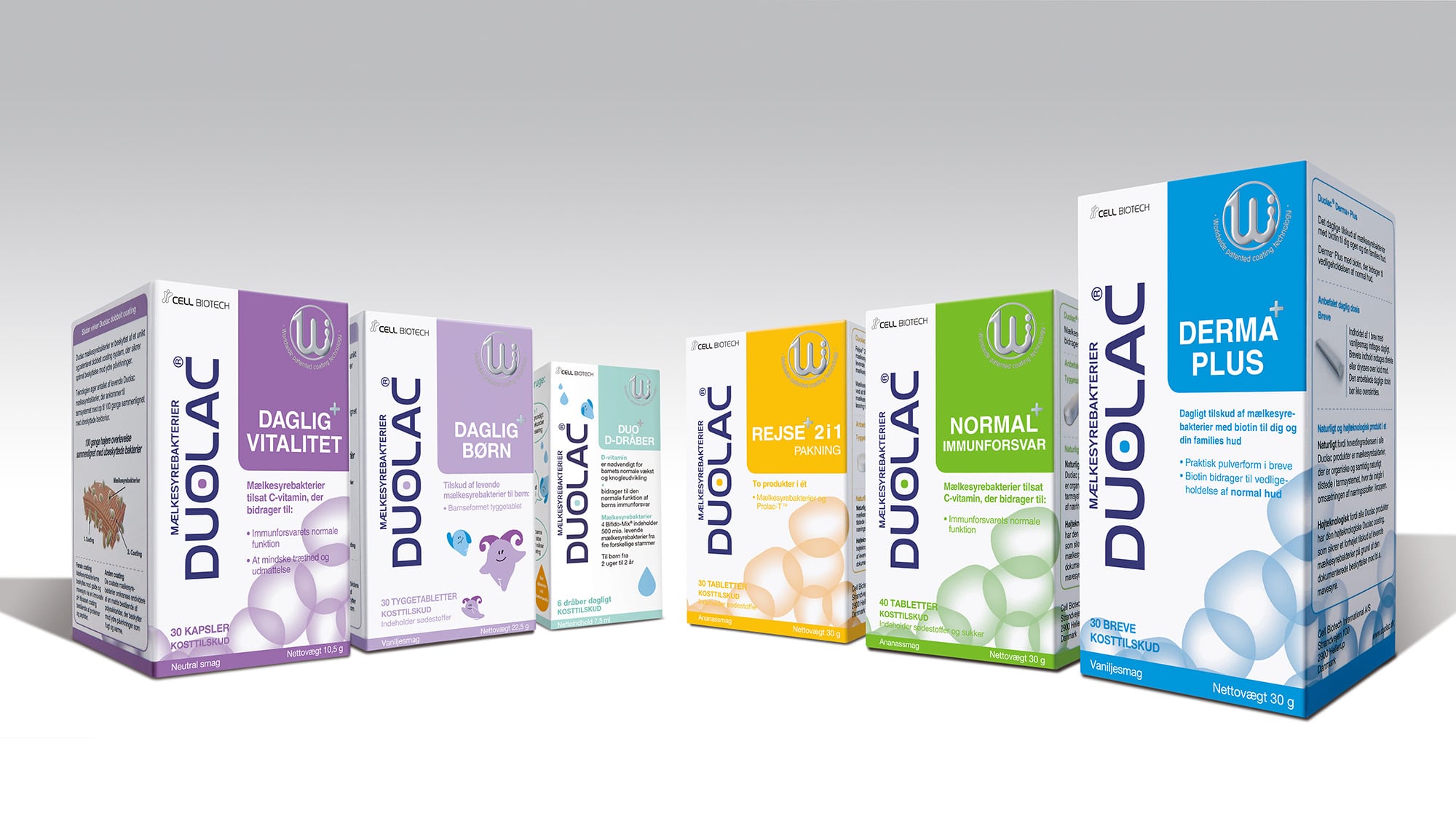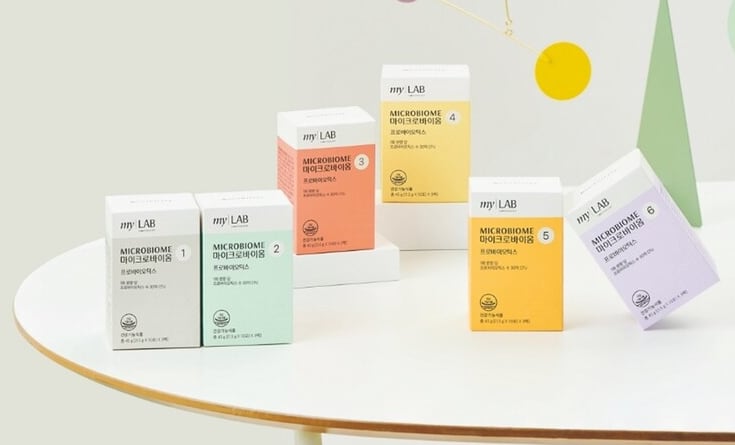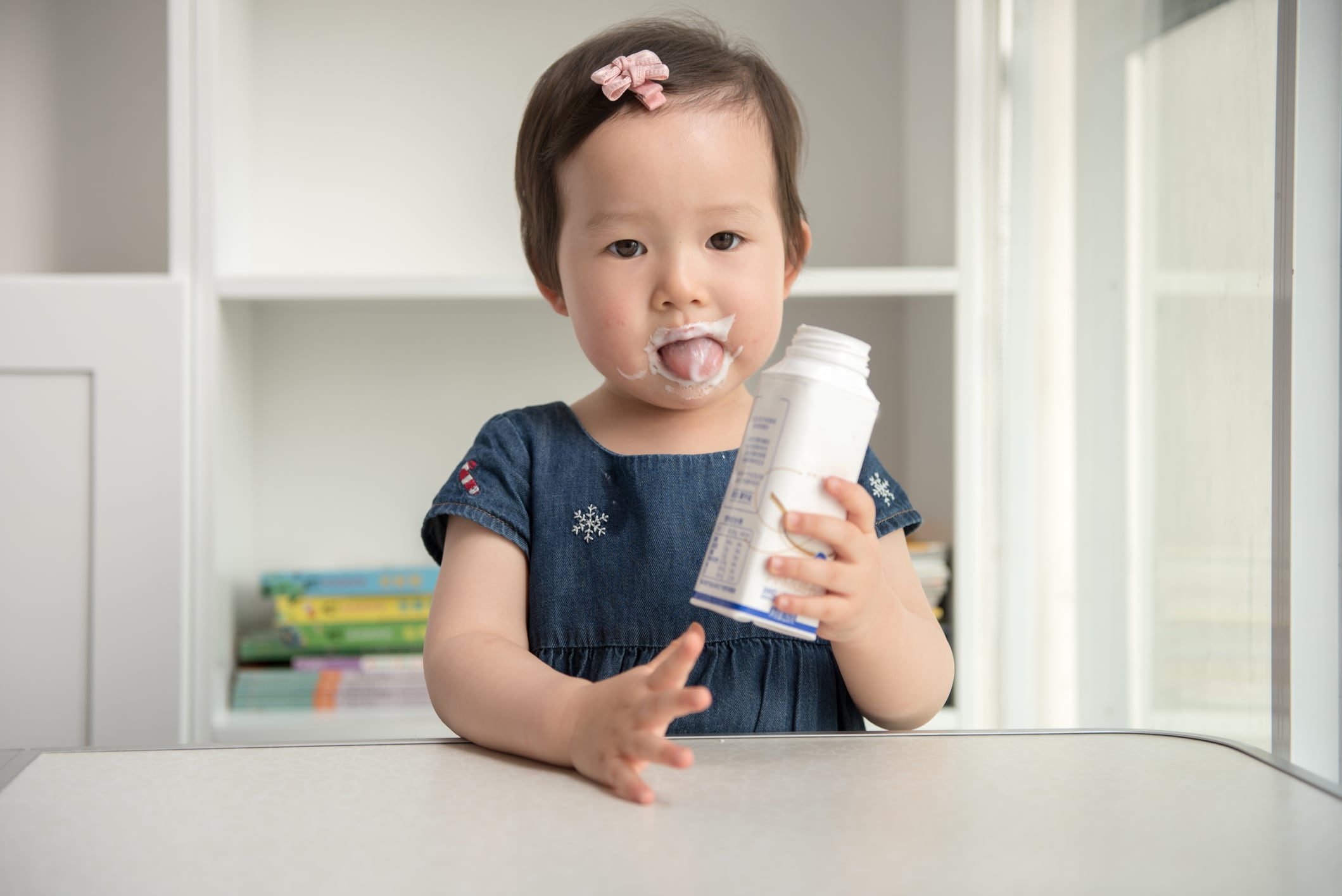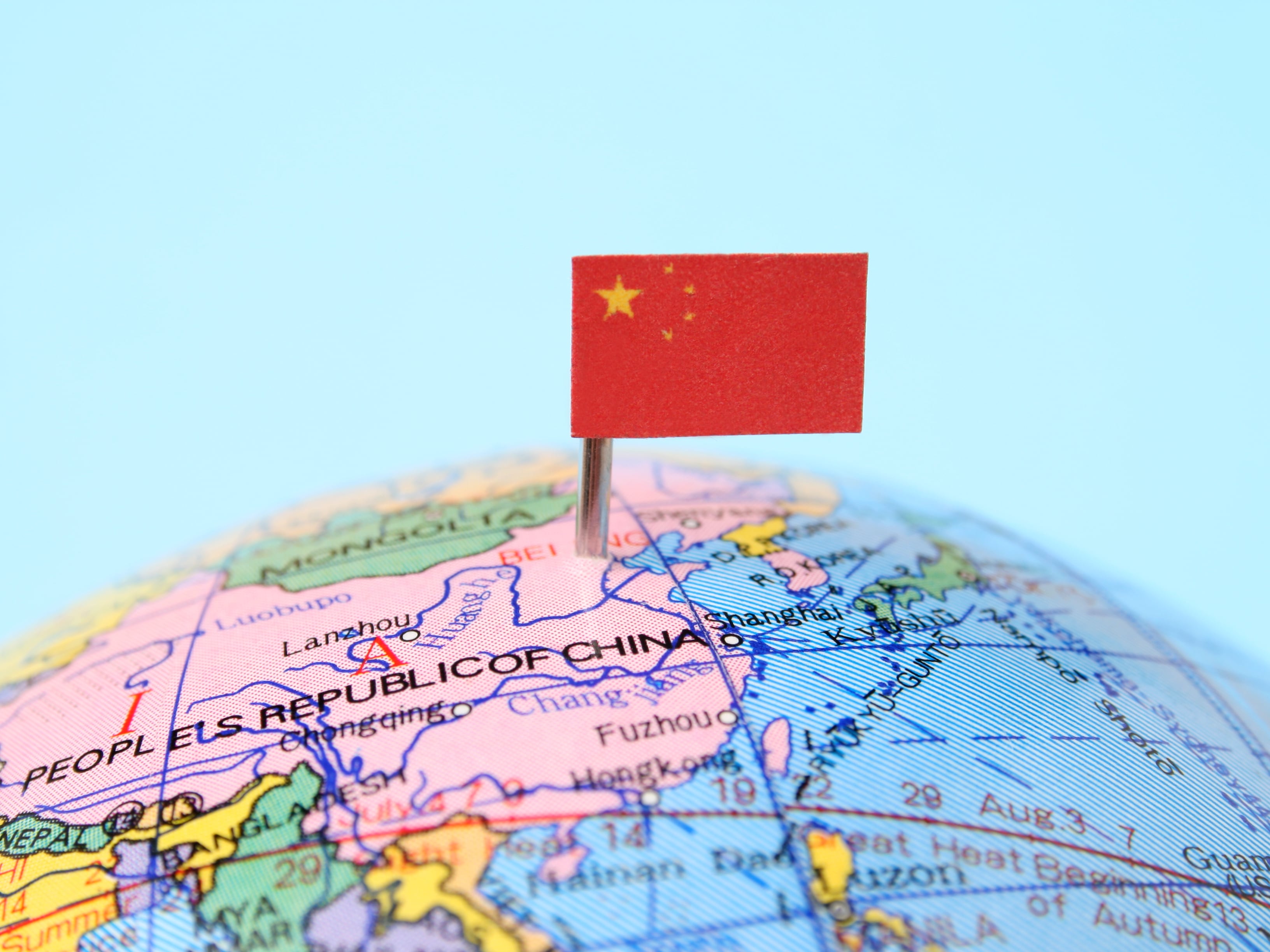The company is in the midst of preparing to launch its flagship brand, DUOLAC, in Thailand, targeting the premium probiotics segment.
“We will begin by launching a probiotic product specifically designed for vaginal health, and we plan to continuously expand our product line-up thereafter.
“Both countries exhibit rapidly growing consumer interest and demand for probiotics, making them markets with significant growth potential. As awareness of health supplements rises, there is increasing demand for functional products that support digestive health and immune enhancement,” Brian Jung, Head of Global Business Division at Cell Biotech, told NutraIngredients.
He added that Thailand’s well-developed beauty and wellness industry also presents promising opportunities for specialized products such as women’s probiotics.
On the other hand, the Philippines, with its young population and rapidly expanding digital distribution channels, offers a favorable environment for online market growth.
By implementing strategies tailored to each market, Cell Biotech expects to achieve “meaningful success” in both markets.
According to Jung, the company has maintained its position as the number one exporter of Korean probiotics for 12 consecutive years, since official export tracking began in 2013.
“This consistent leadership reflects our commitment to the globalization of K-probiotics and our ability to remain competitive on the global stage.”
Particularly in South East Asia (SEA), Cell Biotech has built a strong presence by partnering with Indonesian pharmaceutical majors Kalbe Farma and and P.T. Novell for over 20 years.
It is now available in Indonesia, Cambodia, Sri Lanka, and Myanmar. In Singapore, its DUOLAC brand is said to hold the biggest market share.
“In Indonesia, which is the fourth most populous country in the world with over 280m people, we have also secured the top market position. This shows how competitive K-probiotics are.
“It is a very important market with great potential for growth. We started exporting K-probiotics there in 2001 with just around USD1,500 in sales. Last year, that number grew to USD3.7m. Total exports of K-probiotics to Indonesia have now surpassed USD30m.”
While Indonesia is attracting many global companies, it is “a tough market” to crack due to strict regulations, including halal certification, laid out by the Indonesian Food and Drug Authority, or BPOM.
“For probiotics, they require detailed registration that includes a unique identification number for each strain. This means companies need strong scientific evidence, including clinical trials, to get approval. Right now, only 95 probiotic strains are registered with BPOM, and six of those are from Cell Biotech.”
Key contributors to export success
Jung believes that one of the key factors behind Cell Biotech’s ability to maintain the top K-probiotic exporter spot for more than a decade is its early and proactive approach to building a global export network.
“From the company’s inception, we pursued aggressive international expansion strategies, including the establishment of a local subsidiary in Denmark to target the European market. Today, our products are exported to 55 countries across Asia and Europe, demonstrating strong global presence and competitiveness.
“Our technological capabilities also play a crucial role. Over the past 30 years, we have developed proprietary expertise in Korean-origin probiotic strains. We have consistently applied the industry’s most rigorous standards, such as Good Manufacturing Practice (GMP), halal and Kosher certifications, and whole genome sequencing (GWS). We were granted GRAS (Generally Recognized As Safe) designation by the US FDA last year, recognizing our safety standards.”
In addition, the firm’s robust foundation in research and development has led to a total of 124 published papers and 107 registered patents.
Another reason attributed to the global attention that Cell Biotech’s K-probiotics have gained is the application of a patented “Dual Coating” technology.
“This unique technology ensures that the probiotics can safely reach the intestine. Clinical trials have shown that K-probiotics with dual coating have up to 221 times higher survival rates in the gut compared to non-coated probiotics.
“These results are clearly indicated on product packaging, helping to communicate the superiority of K-probiotics to consumers worldwide.”
Portfolio diversification
Cell Biotech plans to accelerate its efforts to enter major health supplement markets, such as China and the US, to diversify its export portfolio.
“Since our founding, we have strived to achieve the vision of ‘making the world’s digestive health comfortable with K-probiotics’. Looking ahead, we aim to evolve into a biohealth solutions company based on K-probiotics.
“We are especially focusing on developing new microbiome-based drugs, such as PP-P8, a probiotic-based treatment candidate for colorectal cancer that we are conducting clinical trials on. Through this, we seek to solidify our competitiveness in the global biopharmaceutical market and ultimately grow into a world-class pharma company.”
At the same time, the firm looks to broaden its CDMO business centered on probiotics, strengthen global supply of K-probiotics as raw materials, and develop individually approved functional probiotic strains.
“In the long term, we intend to expand into various fields, including cosmetics, food, and fertilizers, using probiotics, establishing a sustainable foundation for growth.”





